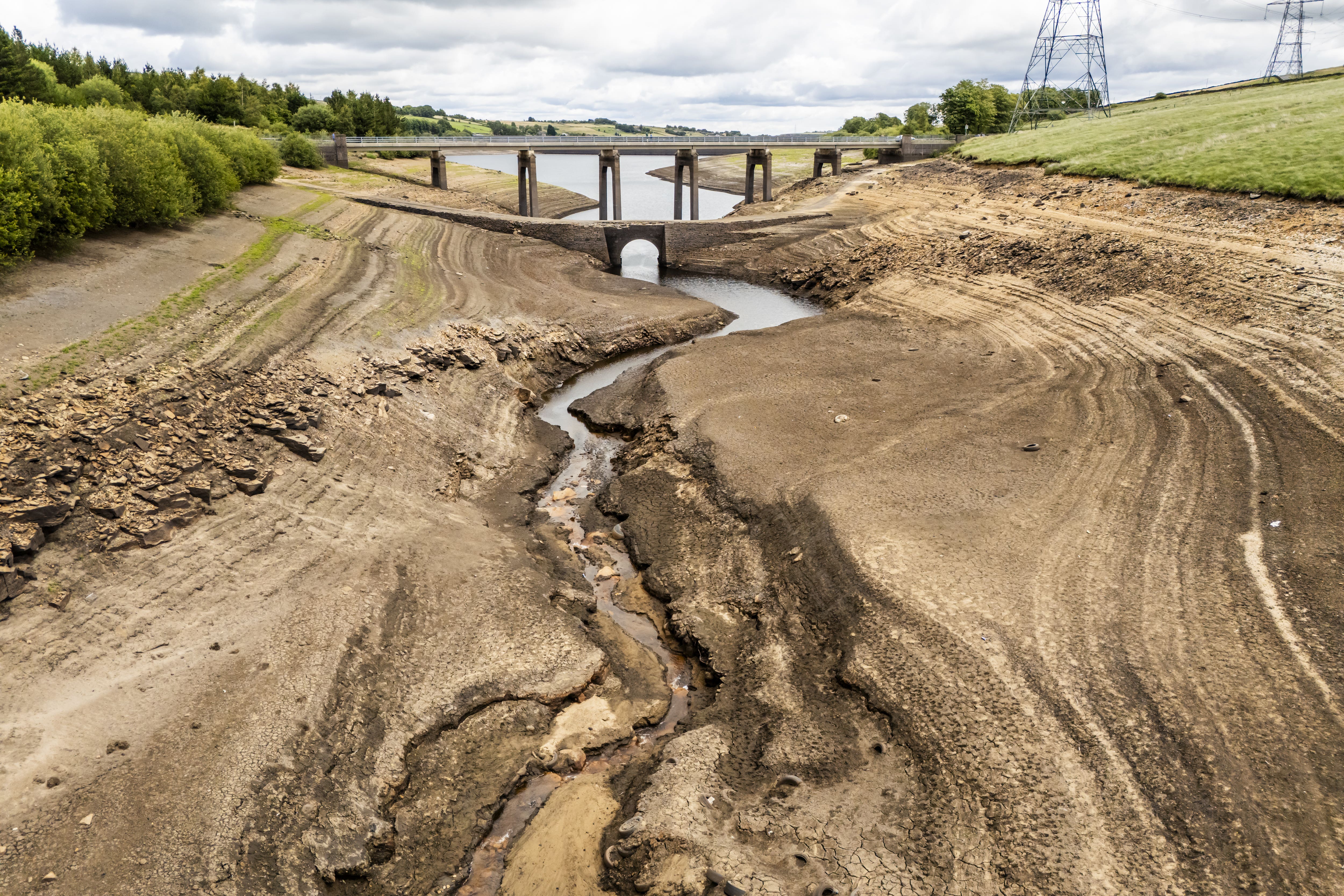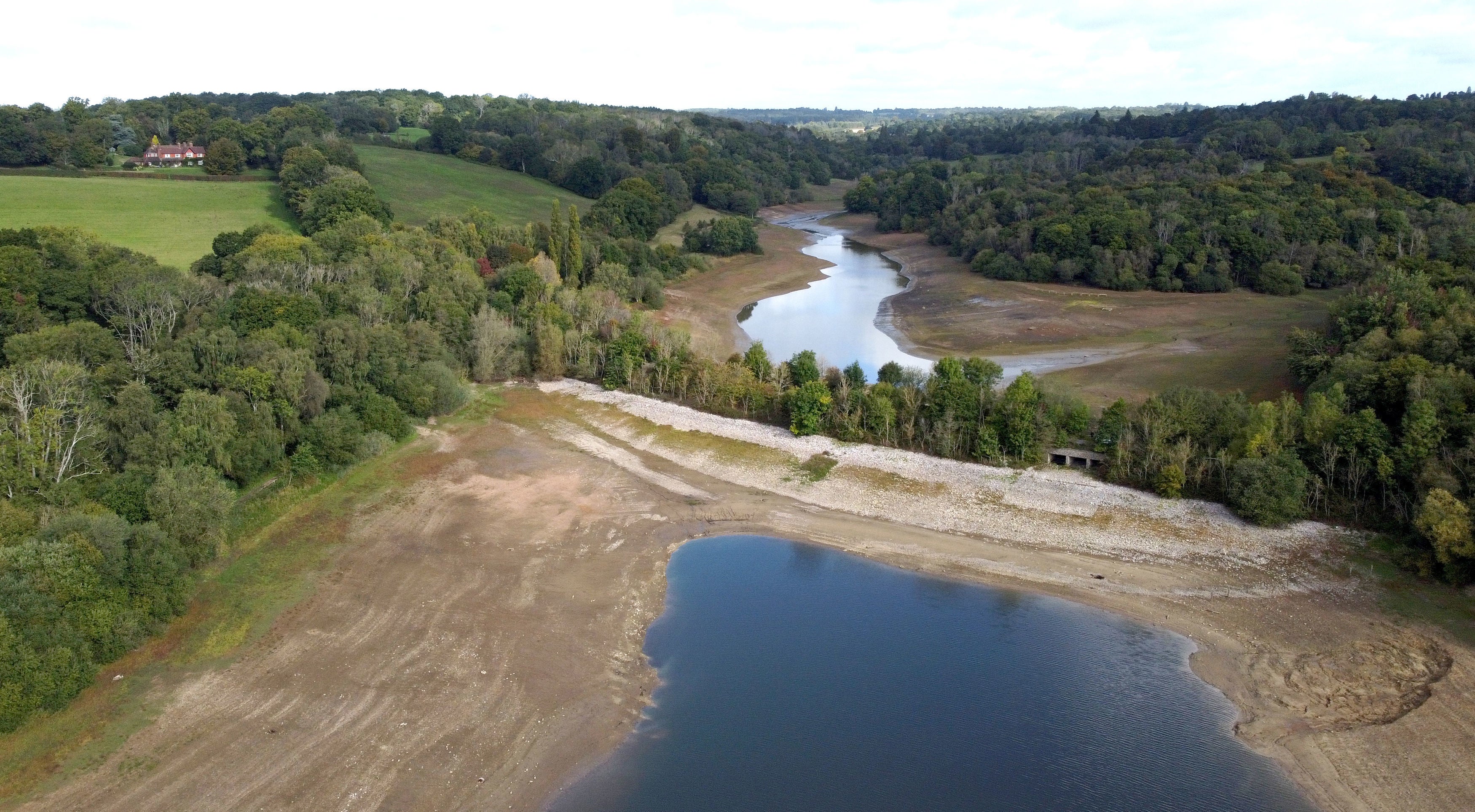The East and West Midlands have become the latest areas declared to be in drought, and more hosepipe bans are expected, after one of the UK’s driest springs on record.
The Environment Agency warned millions more people will be affected this summer, following a meeting on Tuesday of the National Drought Group.
The agency said a drought has been declared in West and East Midlands – joining three regions already in drought: Cumbria and Lancashire, Yorkshire and Greater Manchester, and Merseyside and Cheshire.
Thames Wessex, parts of the Solent and South Downs, parts of East Anglia and Lincolnshire and Northamptonshire are likely to be in drought in the next few months, it said.

The Environment Agency said it expects to see more companies add hosepipe bans, although this will also be dependent on the rainfall and temperatures in the coming weeks.
If England gets 80 per cent of its long-term average rainfall and warm temperatures over the coming weeks, the total number of areas given “drought” status could reach eight by September, the watchdog predicted.

To prepare for and tackle the impacts, the Environment Agency said it has been working closely with water companies, which are following their drought plans to ensure supply, as well as the National Farmers’ Union and local authorities.
It comes after Thames Water became the latest utility to announce a hosepipe ban, which will begin next Tuesday for customers in Oxfordshire, Gloucestershire, most of Wiltshire and some parts of Berkshire.

Stuart Sampson, drought manager at the Environment Agency, said the situation for farmers has been “deteriorating” with already low levels in irrigation reservoirs prompting concerns for the rest of the summer.
Some farmers have been reporting poor crop quality as well as lower yields on livestock, while fears are growing over the impact that conditions could have on winter feed.

While the Environment Agency is planning for its reasonable worst case scenario, Will Lang, chief meteorologist at the Met Office said July is likely to see more changeable weather, with sporadic rainfall and some hot spells.
And for the longer-term outlook, Mr Lang said there is “no strong signal” for it being very dry or extremely wet.
“It could go either way, but the most likely situation is that we will have somewhere near average rainfall for the UK and also for England and Wales as a whole,” he said.
In Yorskhire, police urged people not to reach out to them about those flouting the hosepipe bans but to contact Yorkshire Water instead.
Chief Superintendent Tracy Bradley, from Humberside Police, told the BBC that calls “could divert call handlers away from dealing with emergencies or other policing matters”.



